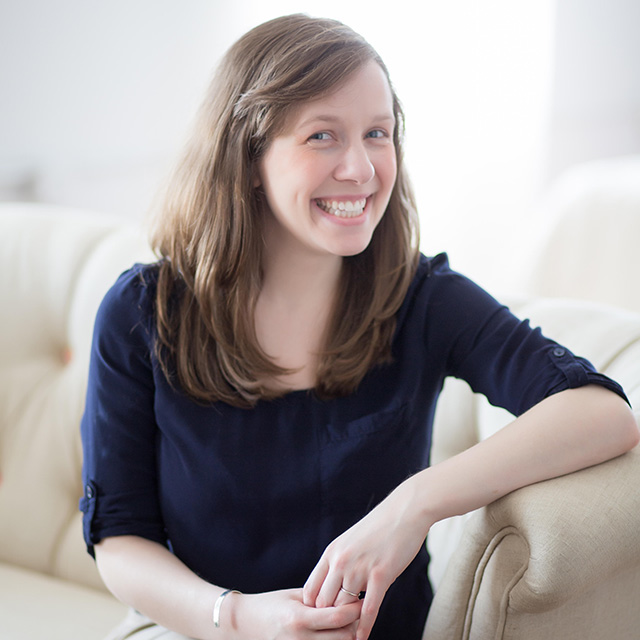Sample Post 3
How do people change?
Cyndie Courtney, DVM
April 6, 2022
1.7mins
I’ve come to believe that we cannot make meaningful change for the better until we:
- Understand what we value, and
- See how our actions get in our own way
When we first realize that there’s a gap between the impact we want to have and the impact we are actually having, it’s tempting to think it’s other people who are the problem and blame them for not responding “correctly.”
As frustrating as the gulf between our goal and the actual outcome can be – if we want to improve our lives and our world, we have to recognize that the only person we only have the power to change is ourselves.
Once we decide to make the change, we need knowledge, some tools, and the energy to use them.
While we cannot completely control our impact on others (the outcome is always at least partly influenced by things outside of our control), we can influence our impact on others.
Not being able to complete control our impact on others also leave us completely unable to predict our impact on others. We are still responsible for the reasonably forseeable consequences of our actions.
The work we do at The Jerk Researcher LLC tries to help people understand and overcome interpersonal conflict at both the individual level (through coaching) and environmental level (through consulting, speaking, and writing).
Our community of jerk researchers helps not only share resources but also add insights from their unique communities and areas of expertise.
We won’t claim the journey is easy, but if and when you want to make the world less mean, we’re here to help.
READ MORE

Cyndie Courtney, DVM
Dr. Cyndie Courtney is a veterinarian and recovering toxic team member whose internationally award-winning work uses peer-reviewed research and real-life experiences to better understand interpersonal conflict especially concerning leadership, stress, gender, and the service professions.
READ MORE

Cyndie Courtney, DVM
Dr. Cyndie Courtney is a veterinarian and recovering toxic team member whose internationally award-winning work uses peer-reviewed research and real-life experiences to better understand interpersonal conflict especially concerning leadership, stress, gender, and the service professions.